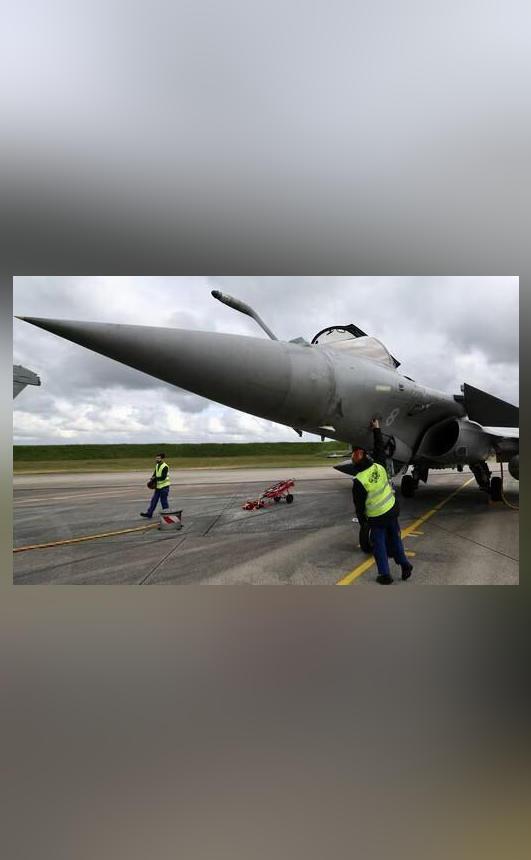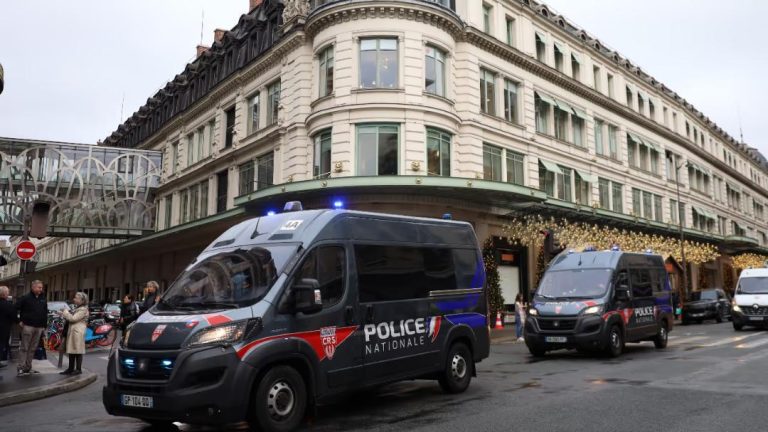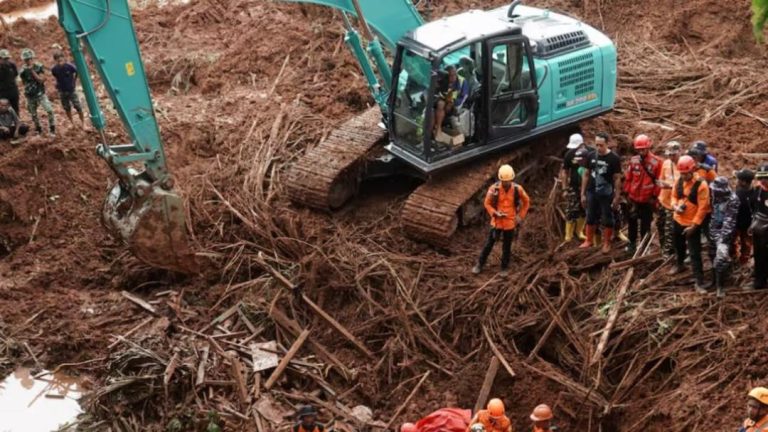
China Embassies Spread Doubts about Rafale Jets after India-Pak Conflict: Report
The recent conflict between India and Pakistan has set off a chain reaction of events, with China allegedly trying to spread doubts about the performance of France-made Rafale jets used by India during Operation Sindoor. According to French military and intelligence officials, Chinese embassies attempted to discourage Rafale-buying nations from purchasing more of these advanced fighter jets and instead persuaded them to opt for China-made planes.
This move by China comes as no surprise, given its long-standing rivalry with India and its close ties with Pakistan. As India and Pakistan clashed along the Line of Control (LoC) in Kashmir, China’s embassies around the world reportedly launched a disinformation campaign to undermine the credibility of the Rafale jets.
The French military and intelligence officials revealed to The Associated Press that Chinese embassies had been actively spreading false information about the performance of the Rafale jets, claiming that they were prone to technical issues and had limited range and firepower. This disinformation campaign was allegedly designed to dissuade countries from purchasing more Rafale jets and instead opt for China-made planes.
Notably, Pakistan used China-made weapons during the conflict, including drones and precision-guided munitions. This has led many to speculate that China’s involvement in spreading doubts about the Rafale jets was a deliberate attempt to boost the credibility of its own military hardware.
The Rafale jets have been a game-changer for the Indian Air Force (IAF), providing a significant boost to its combat capabilities. In the recent conflict, the Rafale jets were used to target Pakistani military installations and infrastructure, causing significant damage and disrupting Pakistan’s military operations.
China’s move to spread doubts about the Rafale jets is seen as an attempt to counter India’s growing military prowess and its increasing reliance on Western military hardware. China has been actively promoting its own military hardware, including the J-20 stealth fighter jet and the DF-41 intercontinental ballistic missile, as alternatives to Western-made planes.
The disinformation campaign by Chinese embassies has been described as a “global” effort, with officials revealing that Chinese diplomats were working closely with local media outlets and think tanks to spread false information about the Rafale jets. The campaign was allegedly designed to target countries that had previously expressed interest in purchasing the Rafale jets, including Malaysia, Egypt, and Qatar.
India’s decision to deploy the Rafale jets during Operation Sindoor was seen as a major boost to its military capabilities, and the jets played a key role in neutralizing Pakistan’s military threats. The deployment of the Rafale jets also marked a significant shift in India’s military strategy, with the country increasingly relying on advanced Western-made military hardware to counter its regional rivals.
China’s involvement in spreading doubts about the Rafale jets is seen as a response to India’s growing military prowess and its increasing reliance on Western military hardware. China has long been wary of India’s growing military capabilities, and has been actively trying to counter India’s military strength through a combination of diplomacy, propaganda, and military modernization.
In conclusion, China’s alleged efforts to spread doubts about the performance of France-made Rafale jets after the India-Pak conflict are a clear indication of its growing rivalry with India and its desire to counter India’s military strength. The disinformation campaign by Chinese embassies is a threat to global security and stability, and highlights the need for countries to be vigilant and proactive in countering propaganda and disinformation.






